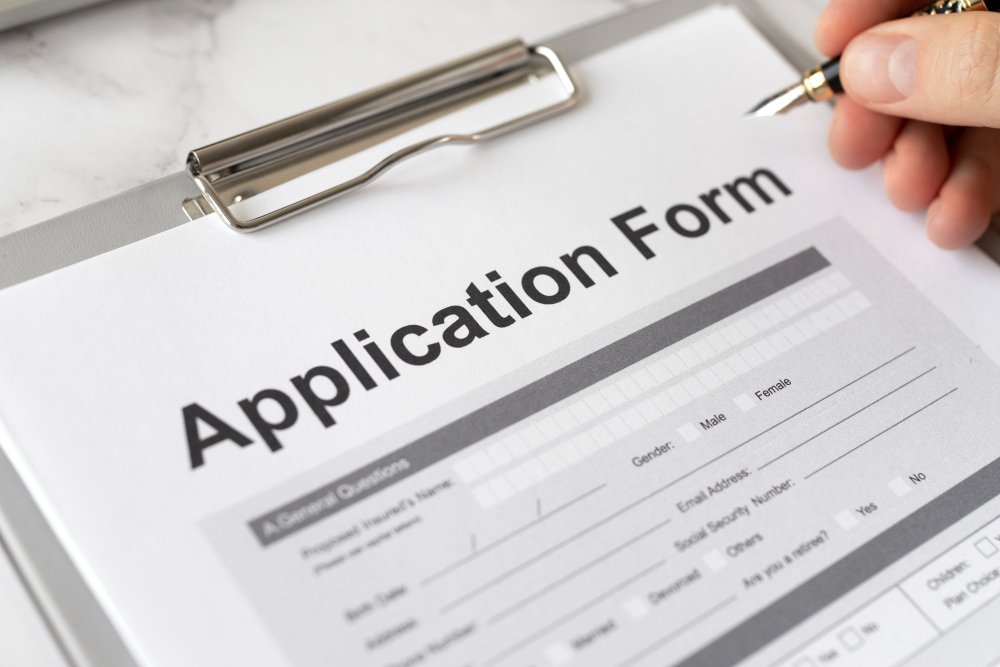Insurance is a contract between a policyholder and an insurer, where the insurer agrees to pay the policyholder in the event of a specific loss in exchange for a premium payment. The purpose of insurance is to provide financial protection against potential risks, such as death, injury, damage to property, or loss of income.
Insurance can be purchased for a variety of risks, including:
- Health insurance: covers the cost of medical treatment and hospitalization in case of illness or injury.
- Life insurance: provides a death benefit to the policyholder’s beneficiaries in the event of their death.
- Auto insurance: covers the cost of damage to a vehicle or liability for injury or damage caused by the policyholder while operating a vehicle.
- Homeowner’s insurance: covers the cost of damage to a home and its contents, as well as liability for injury or damage to others while on the property.
- Business insurance: protects a business against financial losses caused by risks such as property damage, liability, or loss of income.
The process of obtaining insurance involves several steps:
- Identifying the risk: The first step in obtaining insurance is to identify the risk that you want to insure against. This involves considering your financial assets, liabilities, and the potential consequences of a loss.
- Shopping for insurance: Once you have identified the risk, you can begin shopping for insurance. This involves comparing different insurance products, policies, and coverage options to determine which one is the best fit for your needs.
- Applying for insurance: After you have chosen an insurance policy, you will need to fill out an application form, which will include information about your personal and financial circumstances. The insurer will then use this information to determine your premium and any potential exclusions or limitations.
- Underwriting: Once you have applied for insurance, the insurer will perform an underwriting process to assess the risk associated with insuring you. This involves reviewing your personal and financial information, as well as any other relevant data, such as your medical history or driving record.
- Policy Issuance: If the underwriting process is successful, the insurer will issue a policy to you. The policy will outline the coverage, premium, and other details of your insurance contract.
- Premium Payment: Once you have a policy, you will need to make premium payments in order to keep the coverage in force. The premium is the amount you pay to the insurer in exchange for the coverage provided.
- Claims: In the event of a loss, you can make a claim under your insurance policy. The process of making a claim involves providing documentation and information about the loss, and the insurer will then assess the claim and determine the amount of compensation to be paid.
It is important to understand the terms and conditions of your insurance policy and to regularly review your coverage to ensure that it still meets your needs. Insurance policies can be complex, and it is always a good idea to seek the advice of an insurance professional or attorney to help you make informed decisions about your insurance needs.
In conclusion, insurance is a critical aspect of personal finance and risk management, providing financial protection against potential losses. By obtaining insurance and creating a comprehensive insurance plan, you can reduce the financial impact of potential risks and provide peace of mind for you and your family.
